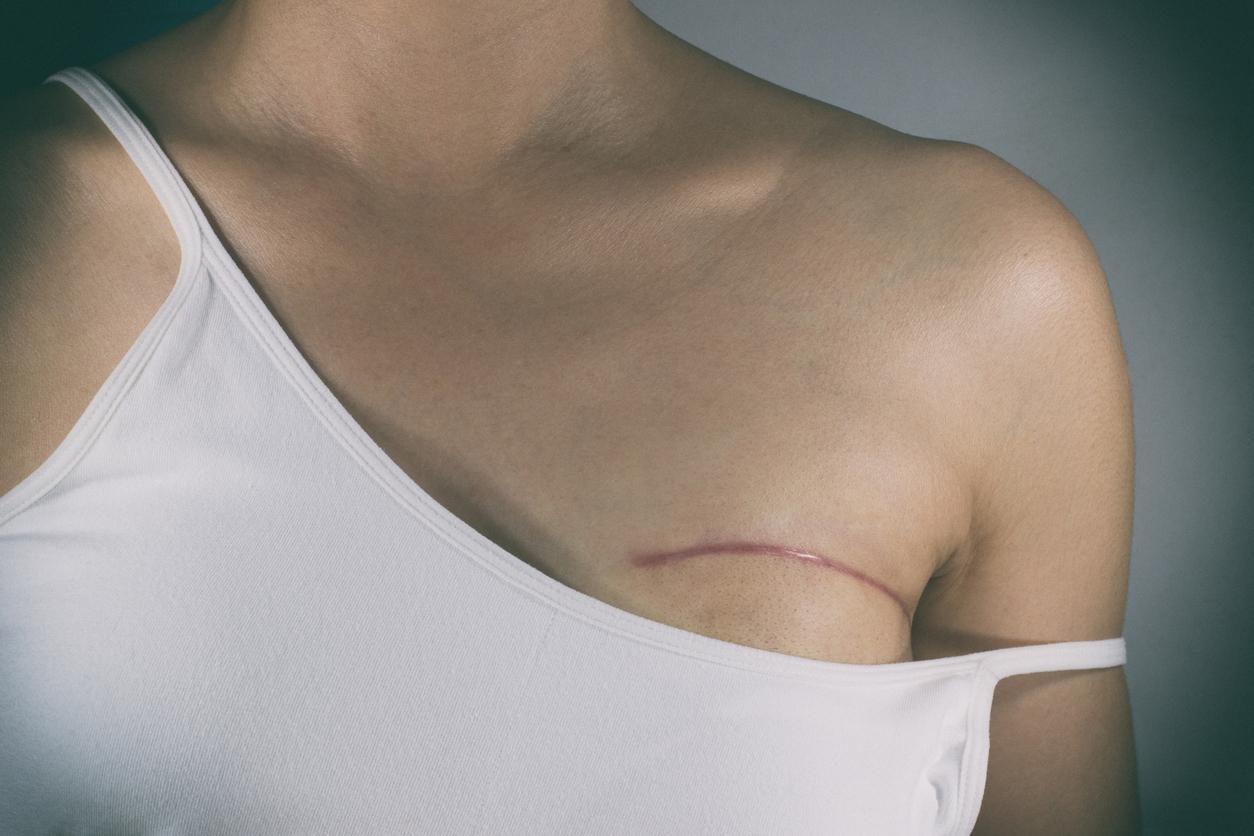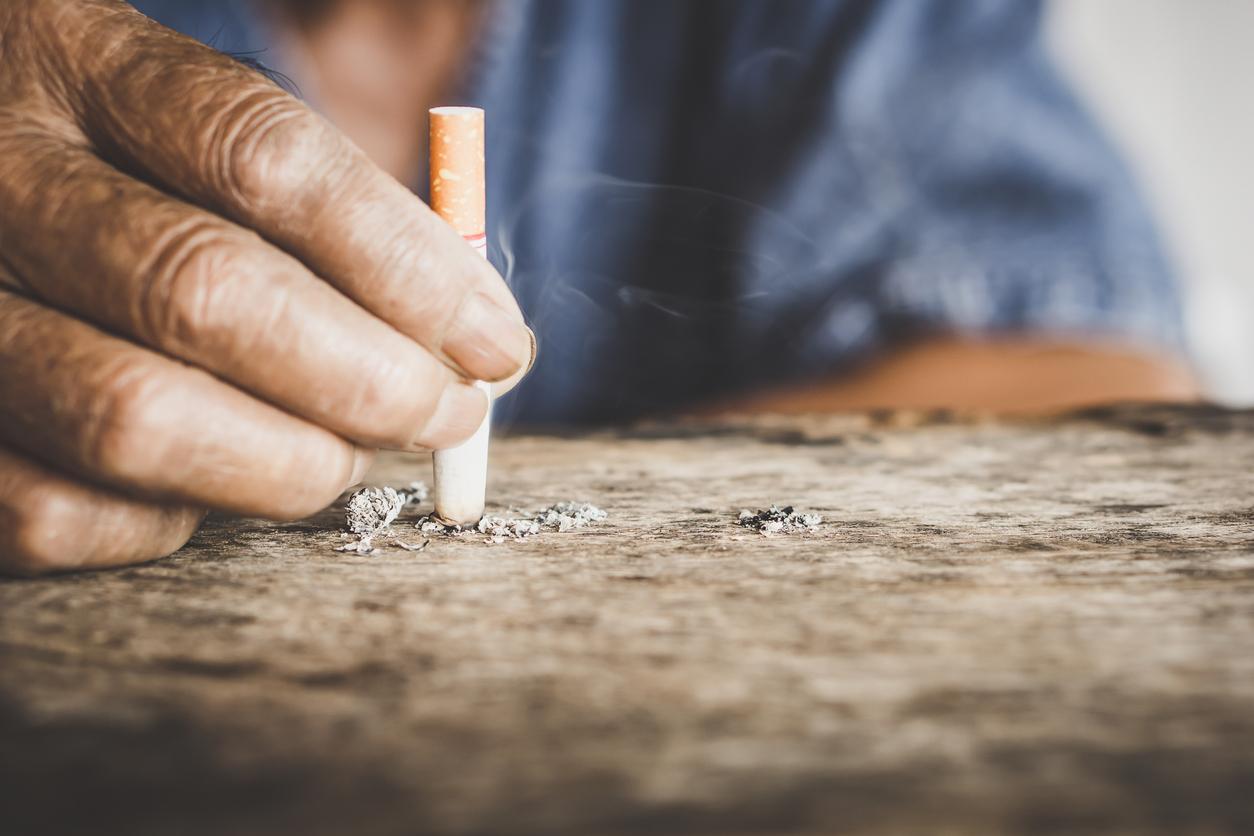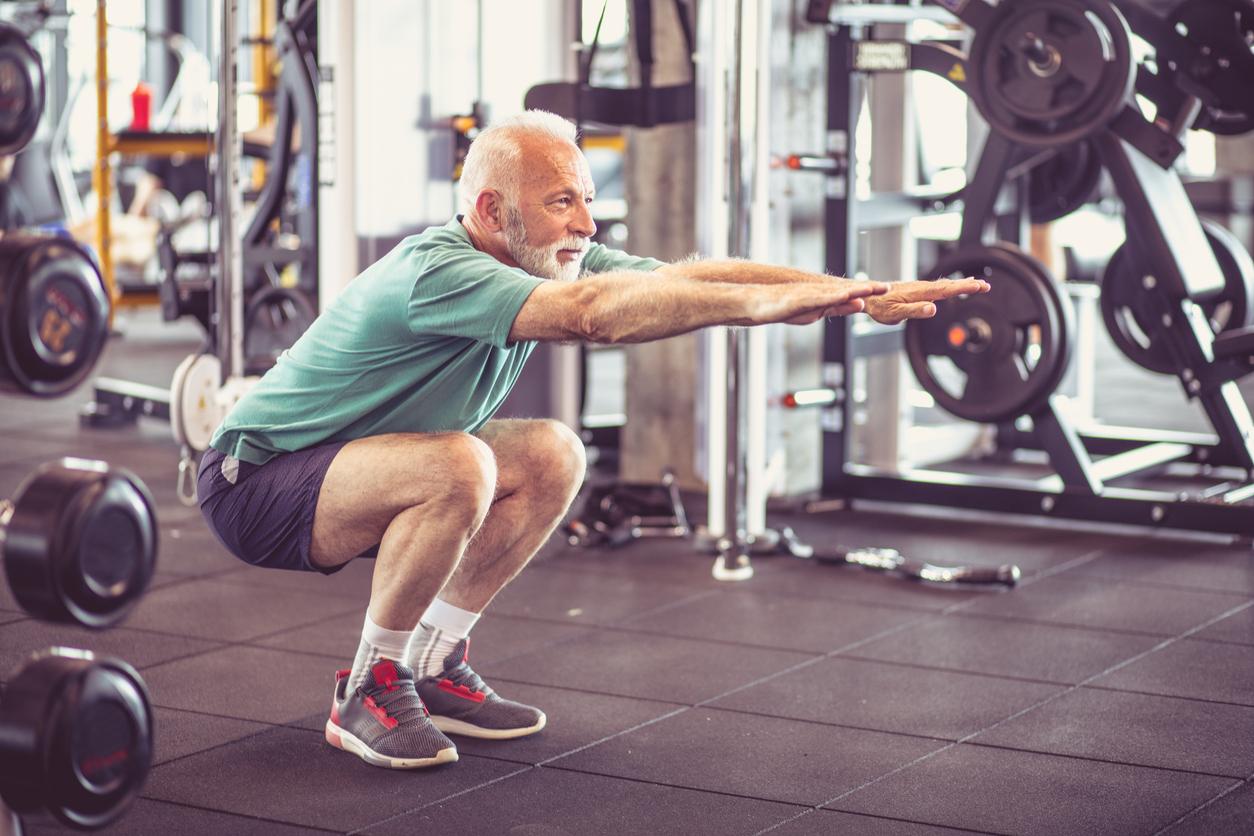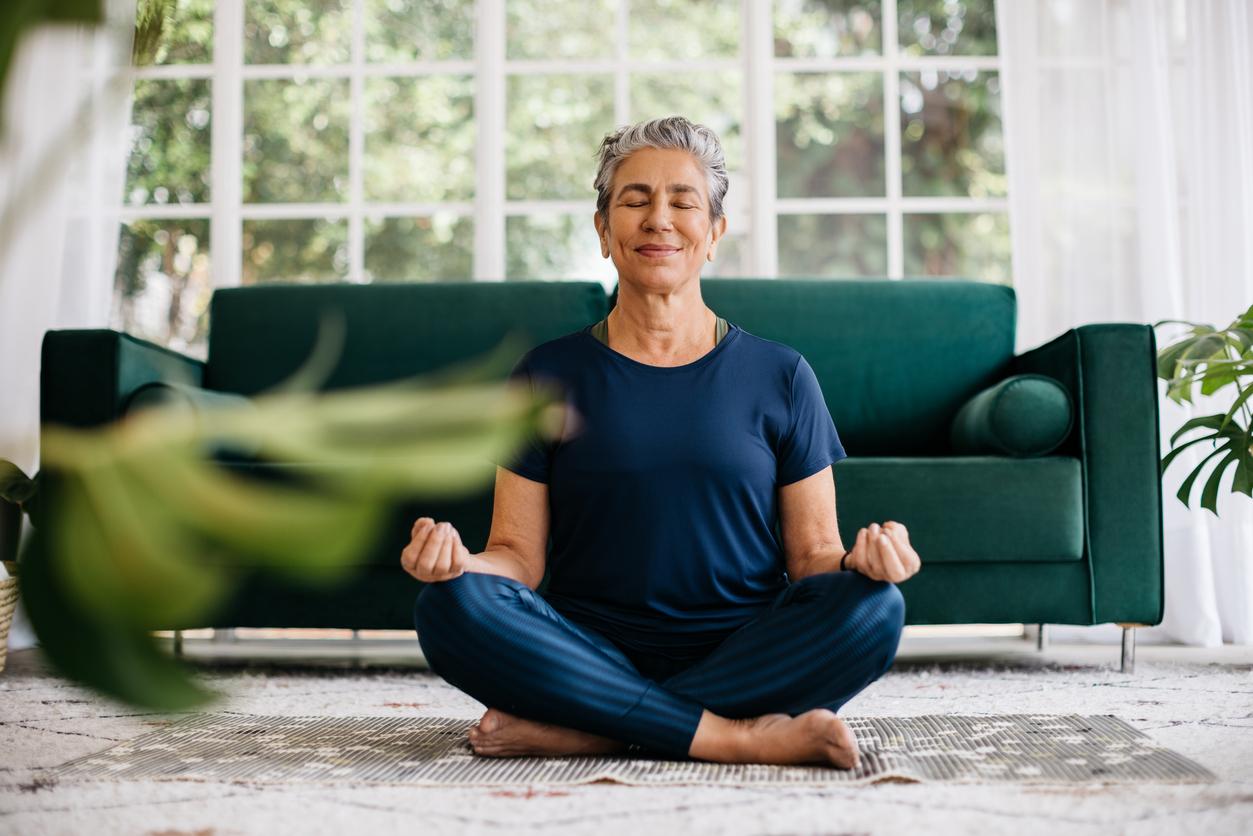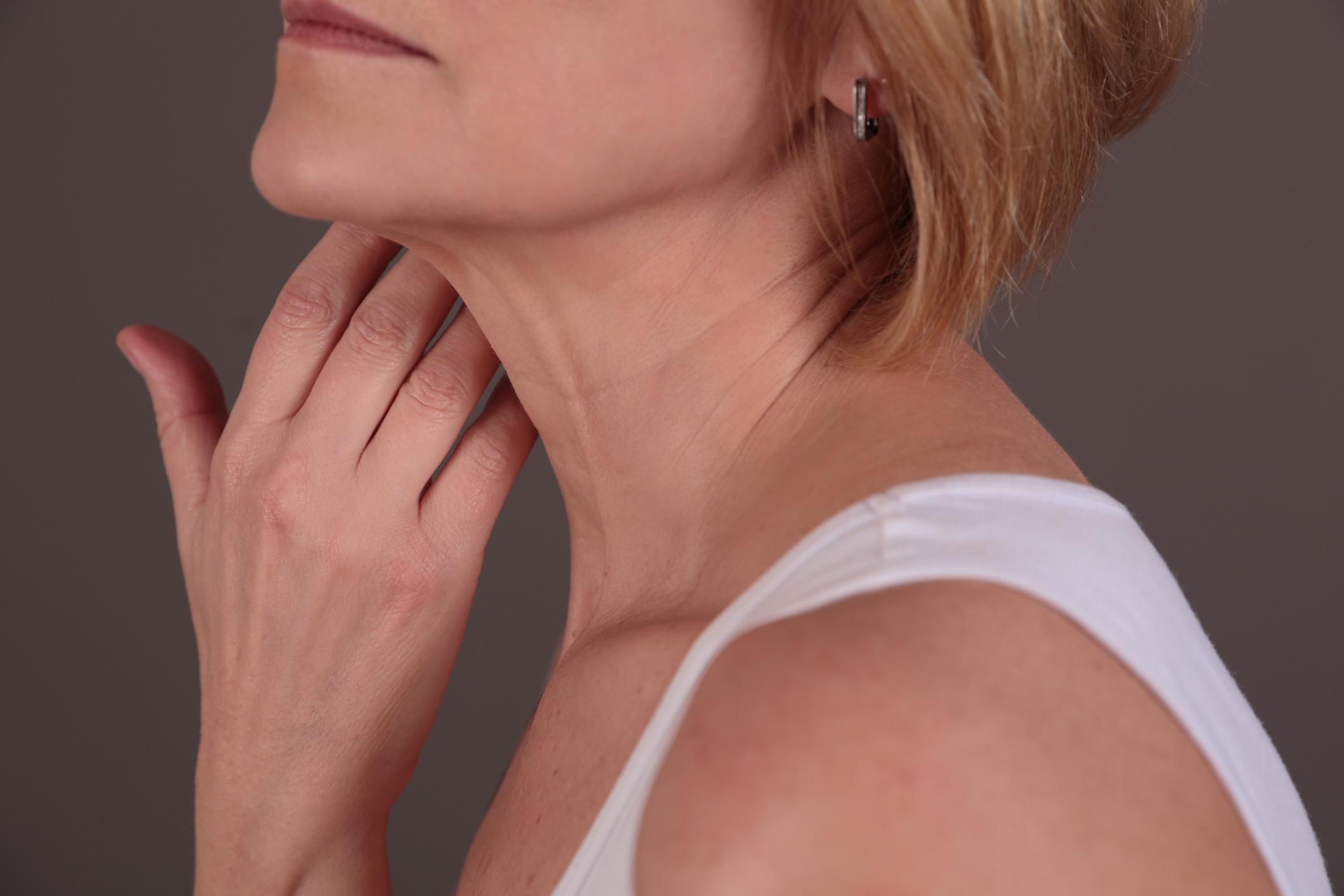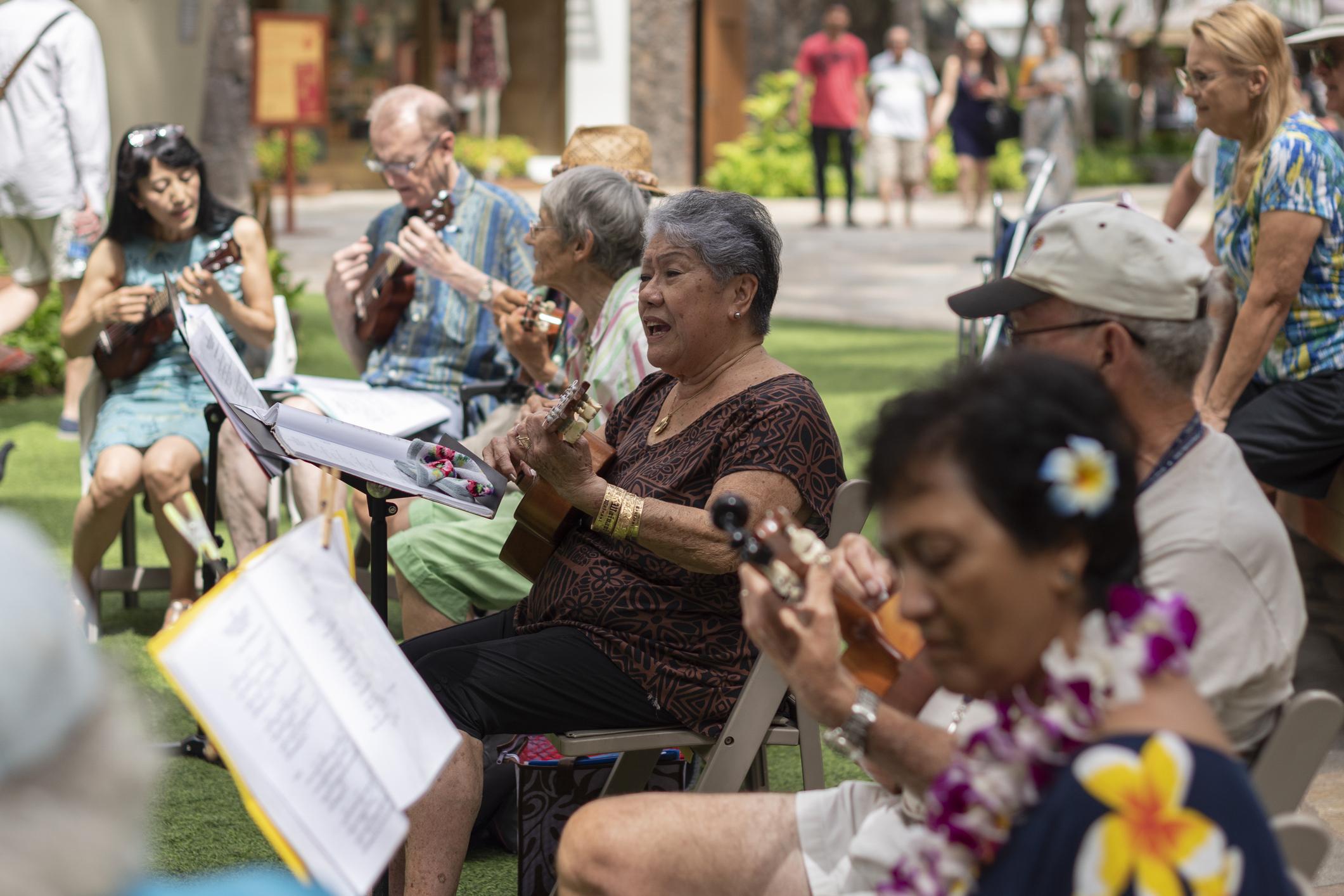Each of us has a “chronological age” – based on our date of birth – and a “biological age”, based on the aging of the body’s functions. The latter can be influenced by several factors, including genetics – what our parents passed on to us – or lifestyle (diet, sleep, tobacco or alcohol consumption). And the higher the biological age in relation to the chronological age, the greater the risk of illness or premature death is high.
Beyond all these factors, the psychological aspect could also be taken into account. According to researchers from Stanford University and the Chinese University of Hong Kong, body and soul are “connected”so that a state of depression, loneliness or great sadness could also have an impact on your biological age, up to 1.65 years more per person.
In a study published on September 27, 2022 in the journal Aging US and relayed by The Guardian, the American and Chinese researchers claimed to have created an “aging clock”, based on data collected from 4,846 adults in 2015. A total of 16 blood biomarkers were isolated to constitute it, including cholesterol and glucose, participants’ gender, blood pressure, body mass index, and measures of lung function. After comparing with the chronological age of the participants, the researchers found on average a difference of 5.7 years above or below their actual age.
Taking care of your mental health to slow aging
But the physical factors were not the only ones to have been taken into account. “We demonstrate that psychological factors, such as feeling unhappy or lonely, add up to 1.65 years to a person’s biological age“, say the researchers.
Thus, according to the estimate of the aging clock, smoking would be less harmful with an increase of “only” 15 months. Conversely, marriage or living in rural areas would reduce biological age by seven and five months respectively.
A difference that shows the importance of the psychological state in the speed at which we age. “Taking care of your psychological health is the biggest contributor you can have to slowing down your rate of aging.”says Fedor Galkin, co-author of the study.
“The results are interesting and add to the evidence (…) that factors such as stress and low socio-economic position are linked to accelerated aging.“, said Andrew Steptoe, professor of psychology and epidemiology at University College London, at the Guardian.
Nevertheless, according to him, it remains unlikely that isolation and loneliness are worse risk factors for health than smoking. Indeed, the data collected relate only to a given moment. “It will be important in the future to test whether these predictions are met by repeating the tests over several years”concludes the psychology professor.
Sources:
- Psychological factors substantially contribute to biological aging: evidence from the aging rate in Chinese older adults, Aging USSeptember 27, 2022
- Feeling depressed or lonely can age us faster than smoking, researchers say, The GuardianSeptember 27, 2022








